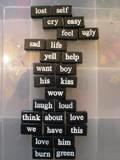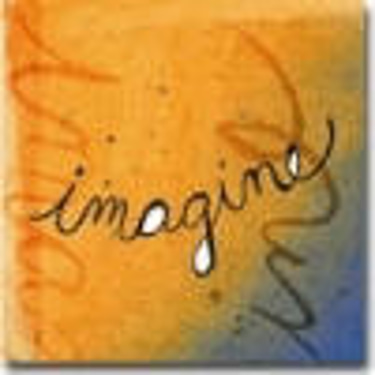On writing:
Let's say you're out driving to some destination and you come to a fork in the road. Your GPS says 'Go right' but, at the last moment, you turn left. Maybe you're tired of going the same route or you're just curious to see where it might take you.
But somewhere down the road, you hit a pothole and blow out a tire.
Would you regret having chosen to take the 'wrong' fork? After fixing the tire, would you turn back? Or would you keep going?
The process of writing can be like this: encounters with forks in the road. And potholes. And beautiful views and lemonade stands if you're lucky. Sometimes the encounters least expected can be mined for rich material. Others may simply feel like obstacles.
Beginning (or finishing) a poem, short story, book, or memoir means making choices: what to add, what to leave out, what to cut out, and when is less more? You might have a great idea but can't figure out where to begin. Or maybe you can't stop second-guessing yourself because the Evil Critic in your head is taking up too much air time.
An editor or writing coach acts as a second set of eyes, one who can offer the objective feedback you may need to to help you navigate where you want to go, wherever you are in the writing process.
CM Adams Editing


There are endless ways to tell a story, but most often a primary purpose in the telling: how to keep the reader turning the page.

